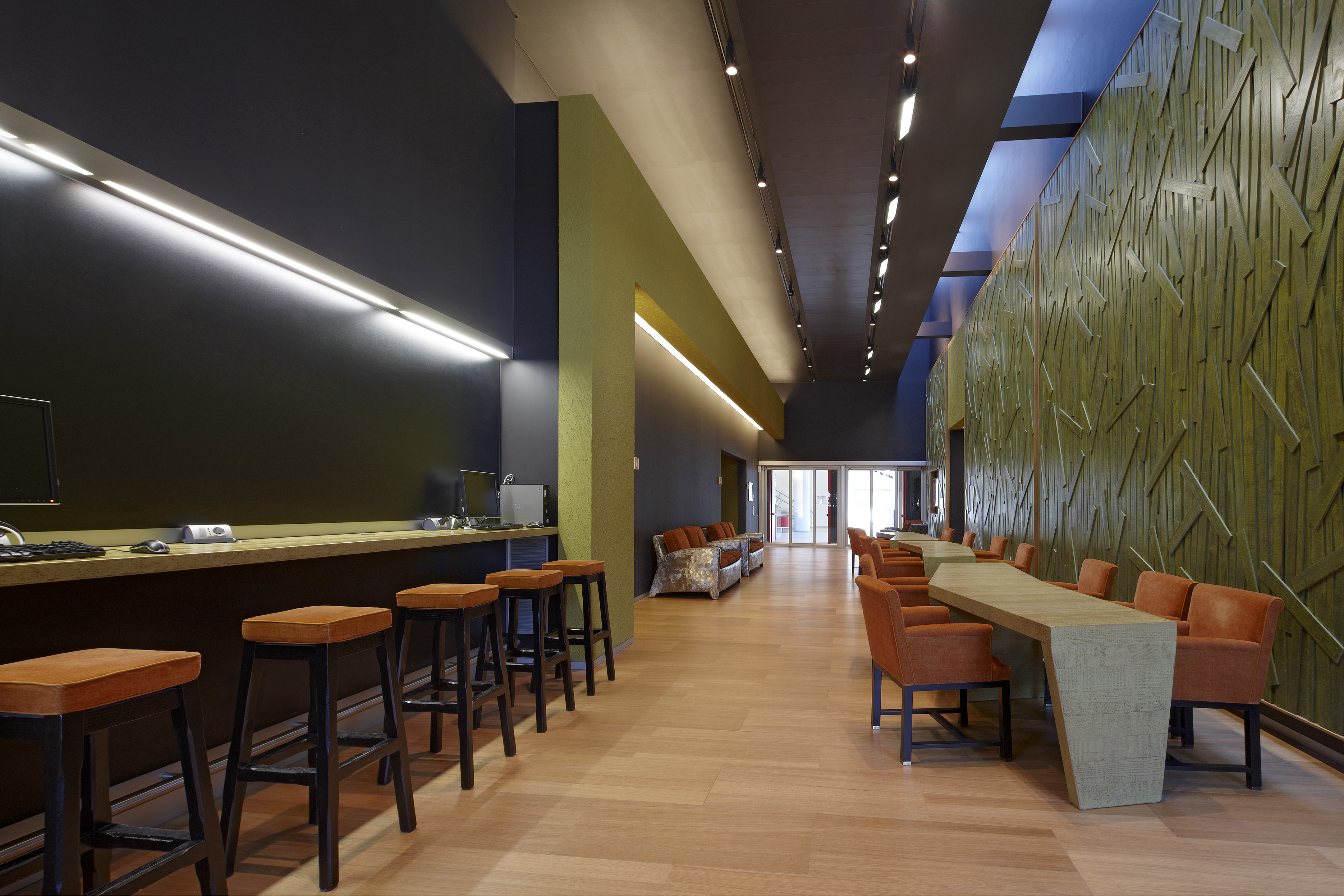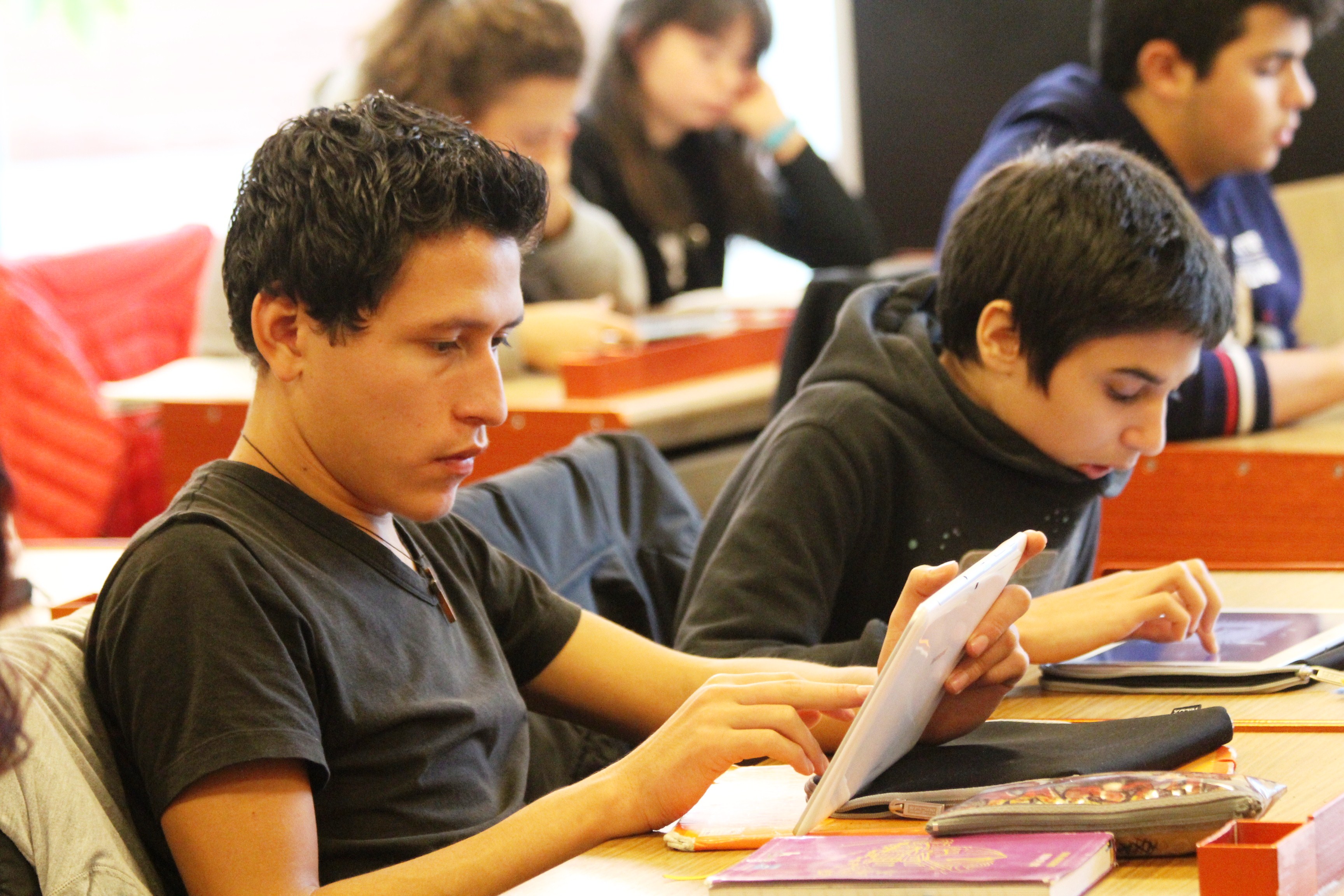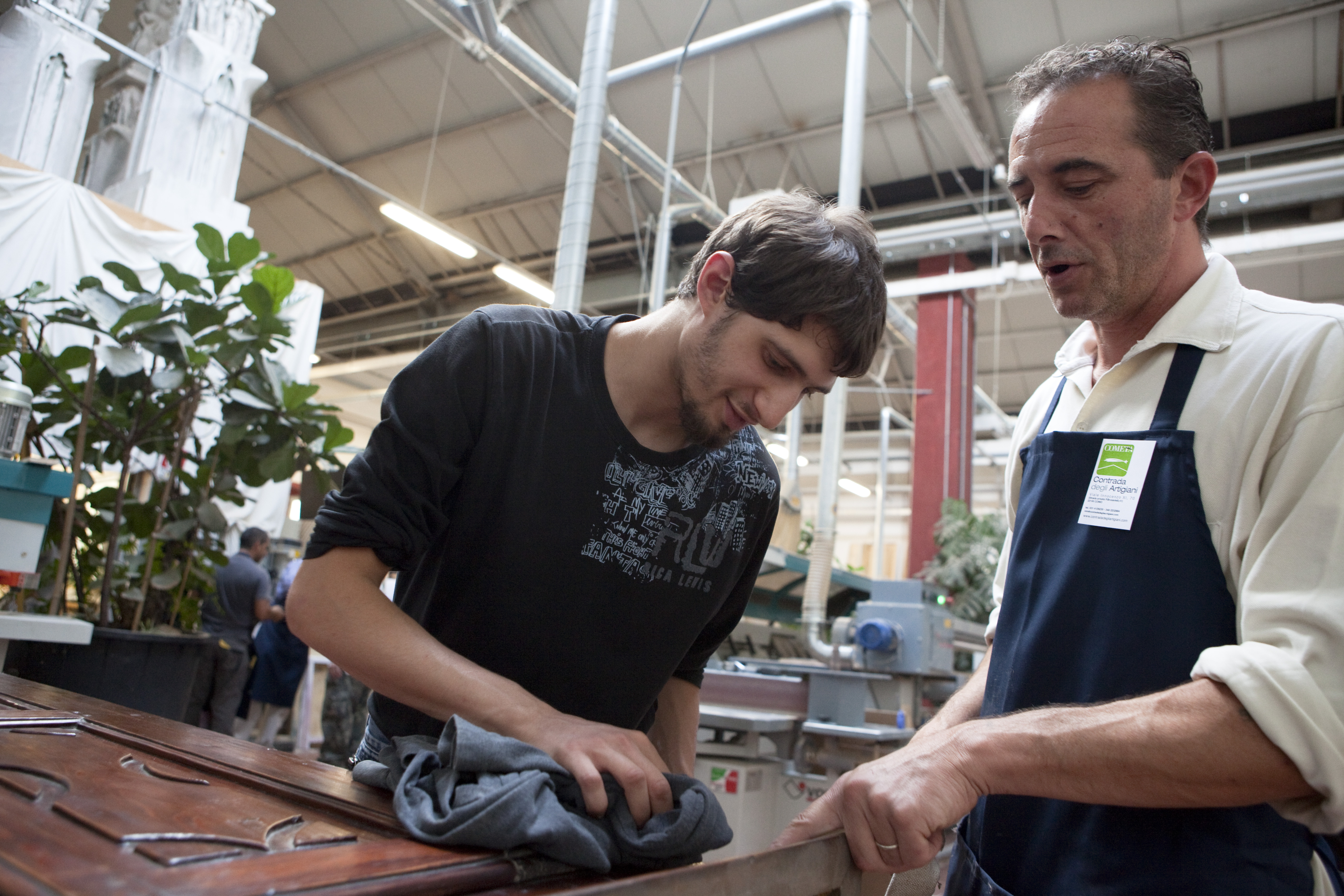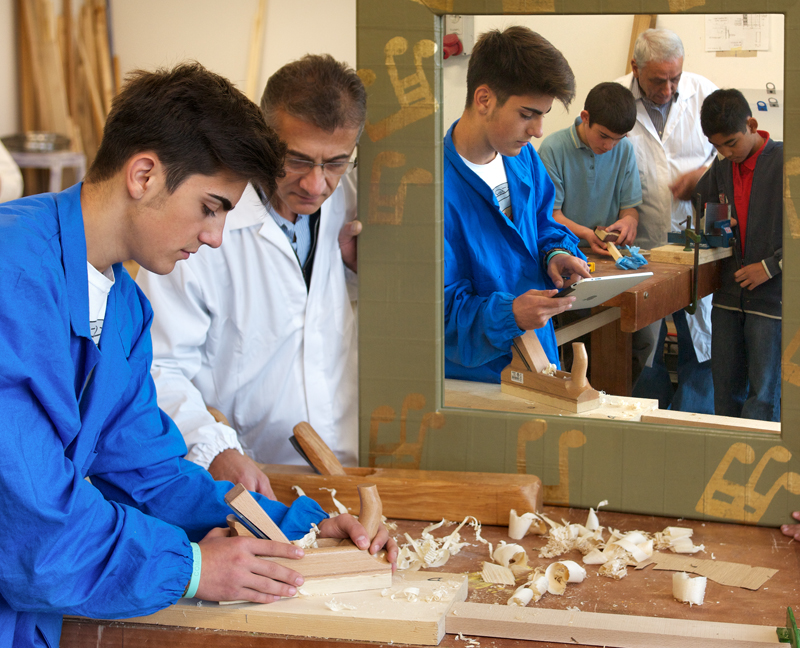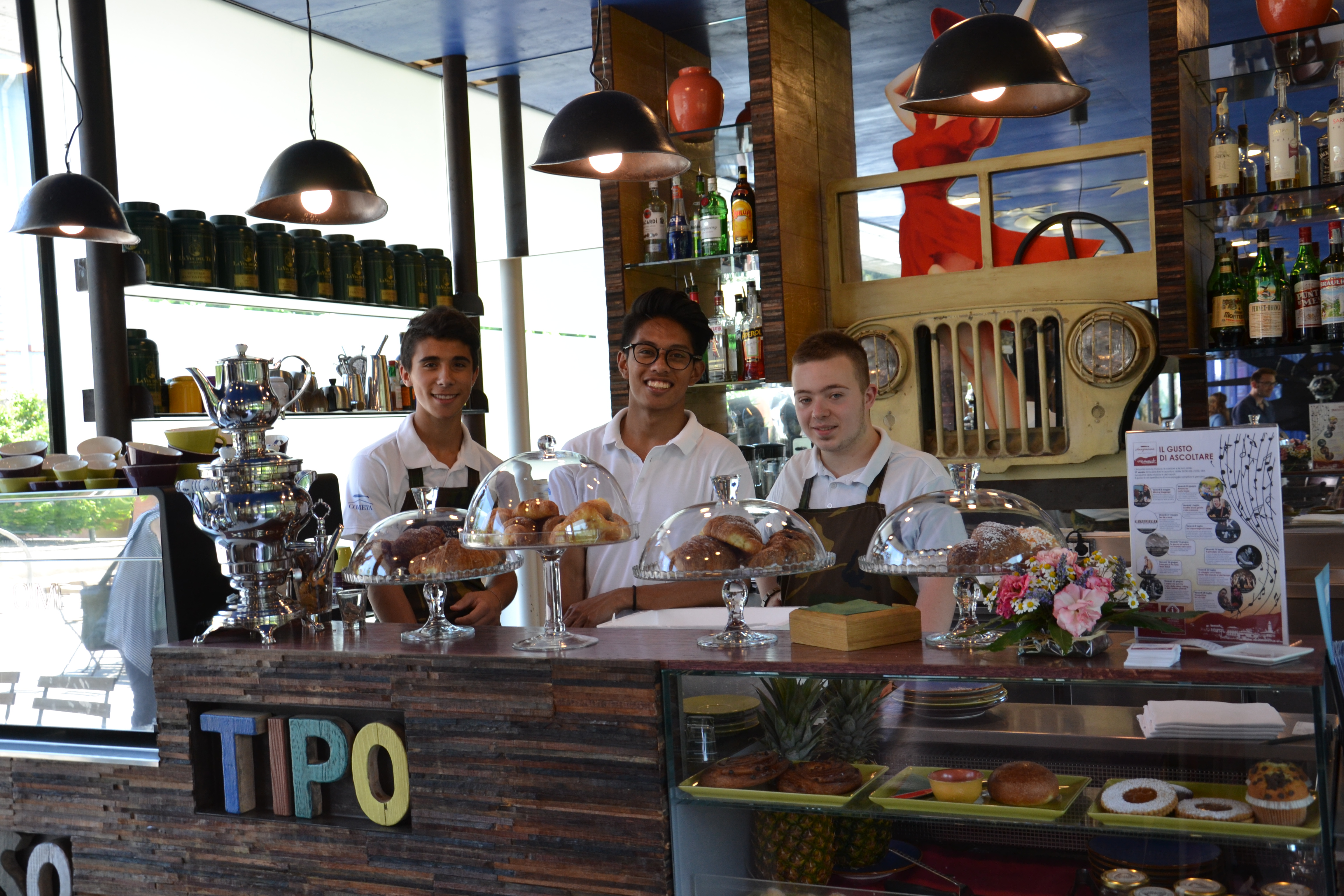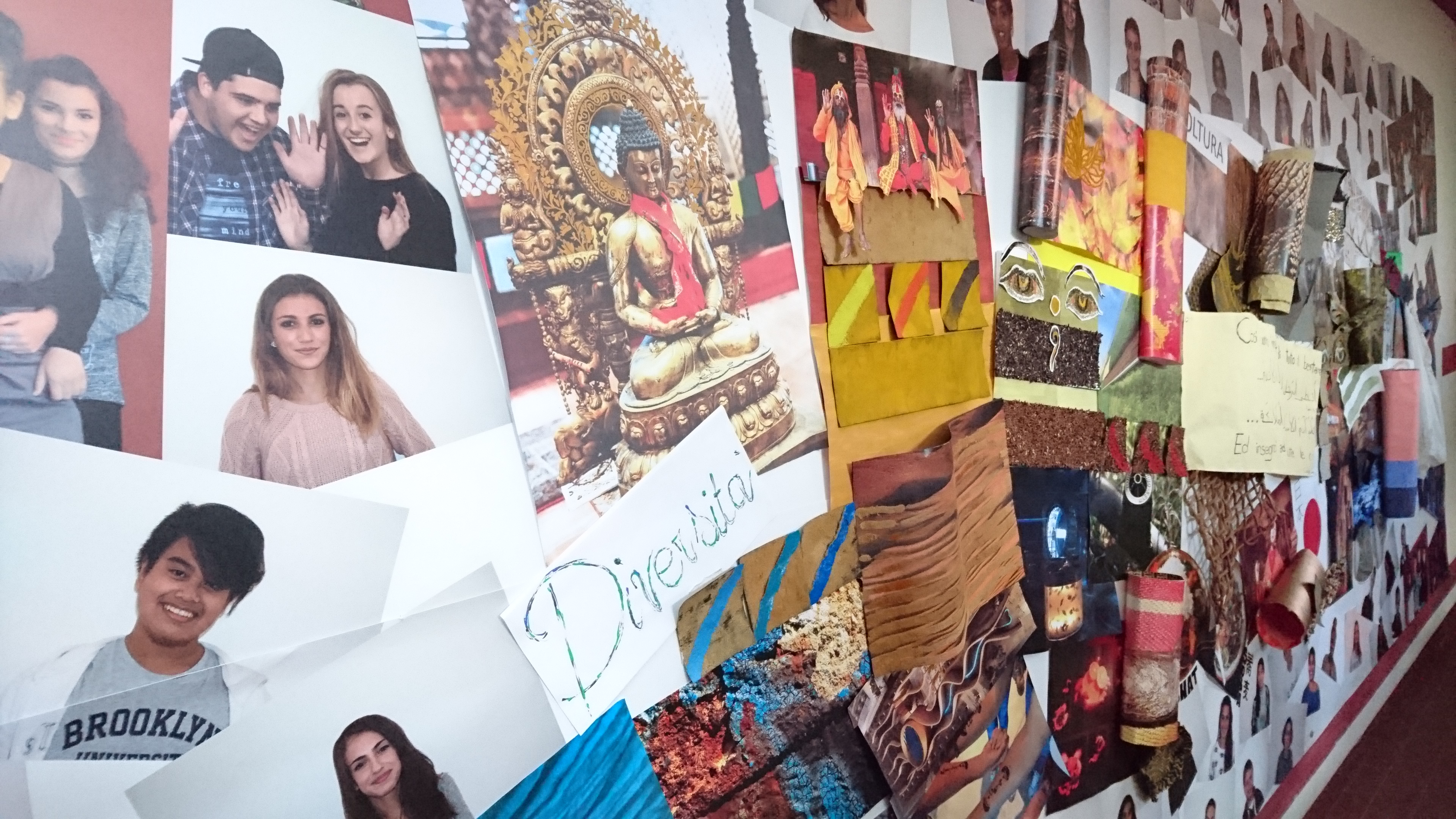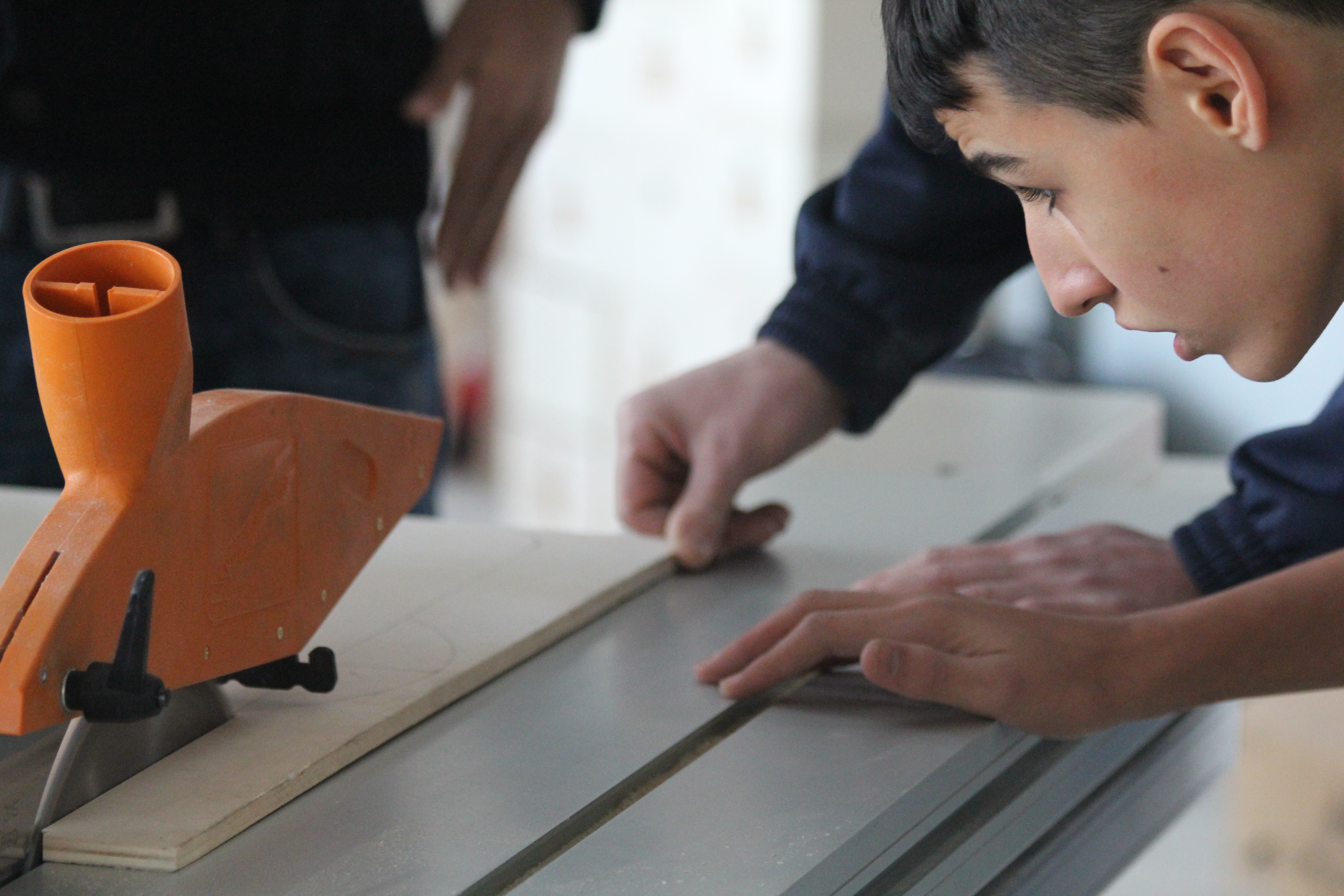VET, at both European and Italian level, faces an increasing number of challenges, as pointed out in the recent EU New Skills Agenda (EC, 2016; Nardi, 2017). Work-based learning, based on collaboration between schools and companies, seems to be the right pathway to cope with the problems of skills mismatch and unemployment. However, is it sufficient to effectively face these major challenges?
The experience of the authors, in particular in the context of Cometa Formazione – Oliver Twist VET school1, shows the relevance of new approaches in the school system, namely VET. A system where developing students’ capabilities (Nussbaum, 2011) becomes the main goal of teaching and training activities: future workers need not only professional skills for a (less and less) permanent job, rather they have to develop personal capabilities to keep themselves employable and smart citizens, the only way to safeguard social cohesion in the next decades (Nussbaum 2010; Alessandrini, 2014).
In a nutshell, school should not be required anymore to give only information: education implies to be able to inquiry reality, to catch the meaning and the beauty of it, but, above all, to make the right questions; henceforth, to support students to a deep self-knowledge, pointing out their capabilities and their potential “excellence” as human being (Nussbaum, 2011). A task within everybody’s grasp.
(Article by Franco Ferrazza and Paolo Nardi, based on the Erasmus+ project Trio2Success outputs)
Education&VET
School-Job Integration. The School in the XXI Century

“Skills are a pathway to employability and prosperity. With the right skills, people are equipped for good-quality jobs and can fulfil their potential as confident, active citizens. In a fast-changing global economy, skills will to a great extent determine competitiveness and the capacity to drive innovation. They are a pull factor for investment and a catalyst in the virtuous circle of job creation and growth. They are key to social cohesion” (EU New Skills Agenda 2016).
3ˆ Cometa Social Innovation Conference
May 8th 2017 h. 15.00-19.00
Cometa, via Madruzza 36 – Como
In the daily global challenges of educational and training activities, the importance to help students, mainly young kids, to develop a personal resilience is paramount. New skills for the future jobs are required. This educational paradigm shift implies to change methods, to update competence, to innovate learning processes. Cooperation and co-creation among actors (policy-makers, schools, enterprise, research) become crucial. The Third Cometa Social Innovation Conference aims at concretely address the challenges related to this paradigm shift in the vocational education and training sector, including the new model of School-Job integration implemented by Cometa Formazione.
Guest speakers of this conference edition include Prof. Martin Mulder (University of Wageningen), 2016 award by the European Commission for his research on VET, who will focus on the process of innovation of competence in the context of the work-based learning. Prof. Mario Calderini (Politecnico di Milano) will outline the outcomes and impacts as emerged in a recent assessment of the Cometa school-job integration model. Hans Van Der Loo, expert in STEM approach, will conclude with an overview on the future trends of education in this Exponential Era.
(here a concept note. A wider article, in Italian, is available here, coauthored by Laureen De Palma, Paolo Nardi, Marianna Nicotra and Barbara Robbiani)
Registration at: eventi@puntocometa.org
Games as teaching method
A didactic game is construed as some sort of game where set rules are observed. It is an educating tool serving the didactic purpose. An important aspect of the game is to achieve a strictly defined score. Competences acquired when playing didactic games, e.g. persistence, critical thinking or readiness to run risk, facilitate the development of entrepreneurial attitudes. Examples of didactic games strengthening those competences are location-based games and strategic games.
(Article by Natalia Kaszkowiak and Joanna Tobys, based on the Erasmus+ project Trio2Success outputs)
Patronage classes. Linking labor market with education.
The patronage class of Solaris Bus & Coach functions within the Basic Vocational School in Murowana Goślina (Poland, Greater Poland province). It serves as an example of a large private enterprise with a state vocational school. The initiative is a response to a shortage of qualified workers on the local labour market. The main goals of the project are to allow the company to recruit qualified physical workers and, on the other hand to create an opportunity for youth to pursue vocational instruction with a perspective of long-term employment and with access to modern didactic infrastructure.
(Article by Joanna Tobys, Natalia Kaszkowiak and Marcin Woźniak, based on the Erasmus+ project Trio2Success outputs)
Debating. The new approach to learning social skills
Debate clubs are the offspring of historical eighteen century London Debating Societies. Nowadays, debating is perceived as one of the most interesting and effective methods of teaching pupils and students entrepreneurial skills. Although there are many ways of debating, the most popular is the British Parliamentary Style (BPS). According to BPS, there are two counteracting parties which argue around the given topic and try to persuade the adjudicators and the audience. In this spirit, the Poznań Oxford Debates were launched in 2012. Since that time, Career Counselling Centre organise the debates, which are popular among the students.
(Article based on the Erasmus+ project Trio2Success outputs)
The steps toward excellence in VET: an overview on recent policies
“Making VET a first choice”: this is one of the main goals the recent EU New Skills Agenda (20162) has set for next years. Few months before, the so-called Riga Conclusions (20152) were approved during the EU Latvian Presidency by the Ministers of Education from the European Union Member States, candidate countries, Iceland, Norway and Liechtenstein, endorsing the new medium-term deliverables for vocational education and training. During this meeting, the ministers, supported by the associations of the European VET schools, aimed at stressing their efforts “in raising the overall quality and status of VET in the context of the Copenhagen process”. What declared in Riga and promoted one year later in the EU Skills Agenda, represents a new crucial step towards a set of new priorities and actions which will affect in particular the VET system at European level.
The School-Enterprise for the Reality-based learning approach
Conventional education is based on competences that are no longer useful for the expectations of today’s labor market. In fact, methodologies such as learning by doing and experiential learning are better “targeted” and more instrumental to the working environment not only due to the quality of professional skills they convey, but first and foremost of the soft skills. The School-Enterprise tool thus becomes a core building block for establishing a connection between subject-matters in school and the real world in an educational and training setting. This case study focuses on the Cometa Formazione new learning approach for 14-18 years old VET students.
(Article by Francesco Campiotti, Mariachiara Gomaraschi and Marianna Nicotra, based on the Erasmus+ project Trio2Success outputs)
Mentoring and design thinking for entrepreneurship learning
Entrepreneurship is a way of being and not a know-how. The most difficult aspect is the intangible, because students can be taught how to write a business plan, which leads them to acquire some management expertise. But surely this kind of education does not create entrepreneurs. Entrepreneurship is a characteristic, it is the aptitude for risk taking, the desire of construction, curiosity, passion; it is the continuous dissatisfaction for which you want to do everything better, the continuous research for better solutions. An entrepreneur knows how to express an idea, calculating important factors such as costs, materials and market. It is someone who anticipates new concepts desired by the market, which can be innovative or express new valor.
(Article by Laureen De Palma and Paolo Nardi, based on a product of Erasmus+ project Trio2Success)
Tutoring & Placement: the key to successful education and training in the Cometa Model
Serving an internship period is recognized as a successful educational tool and, indirectly, as a means to fight unemployment. Still, in order for it to be successful, a pupil should be adequately accompanied by a facilitator or counselling entity. Without an educating individual, there is no chance for any successful education. This case study illustrates the practice at Cometa Formazione VET school, for 14-18 years old students.
(Article realized for the Erasmus+ project Trio2Success)
Inclusive school, the key to successful education
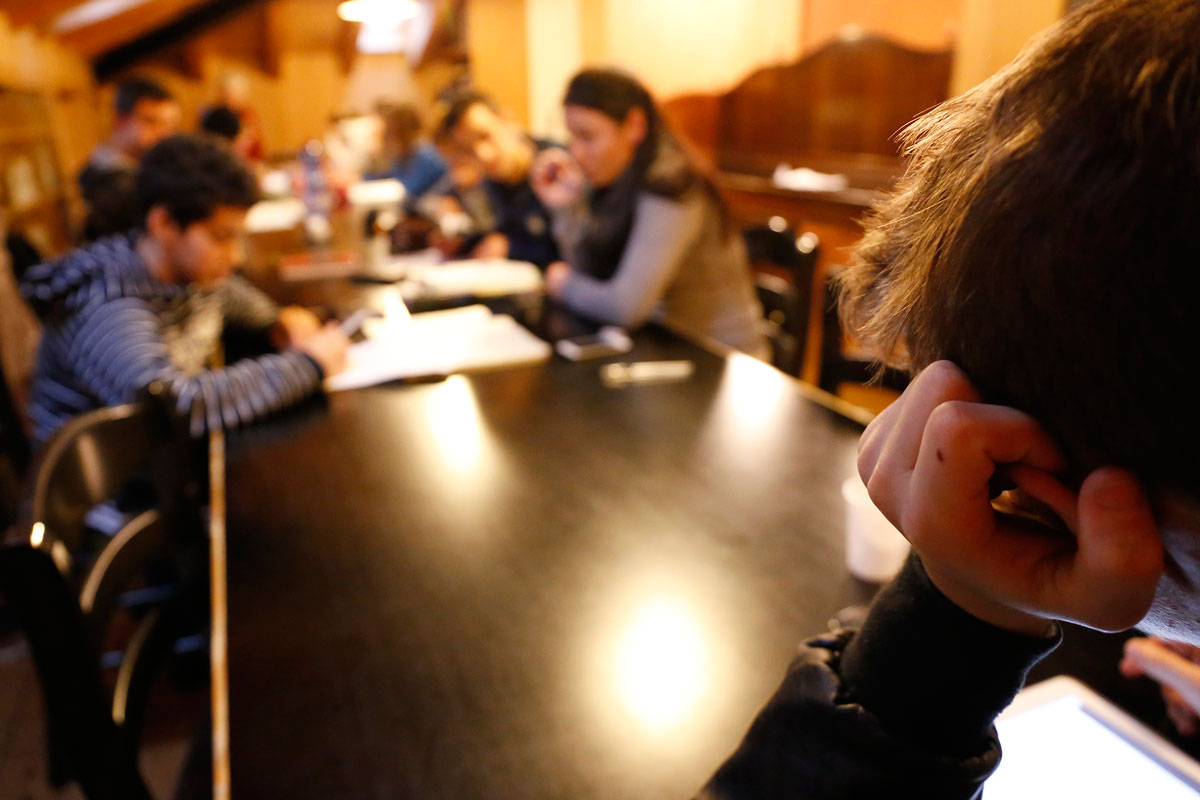
This paper addresses the topic of inclusive school as the key to successful education for everybody. Today’s multifarious forms of problems related to diversity and manifesting themselves in classroom impose a change on the school: to outgrow uniform and straight organizational and teaching models in favor of a flexible approach that responds to the special learning needs of individual pupils. Quality of school is measured by its ability to develop inclusive learning processes, that is to say to provide adequate and effective answers to each and everyone. Through the analysis of the experience made in the school Oliver Twist in Como, this paper highlights the distinctive features of inclusive good practices which ultimately lead to deliver successful education for everyone, starting from the integration of disabled students. Acknowledging the value of diversity and differences as a resource is a challenge to the traditional role of the special education teacher, whose role in this school has evolved into the innovative profile of a co-teacher, thus extending the inclusive perspective to a competent special education framework.
